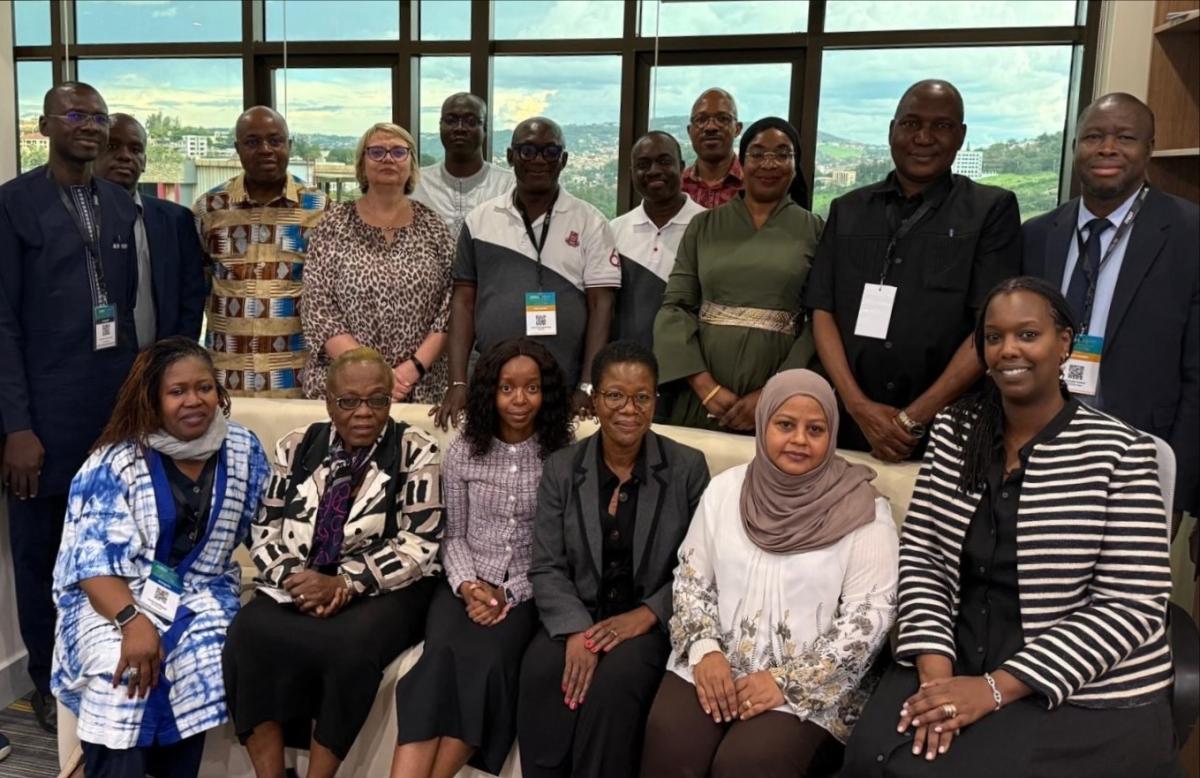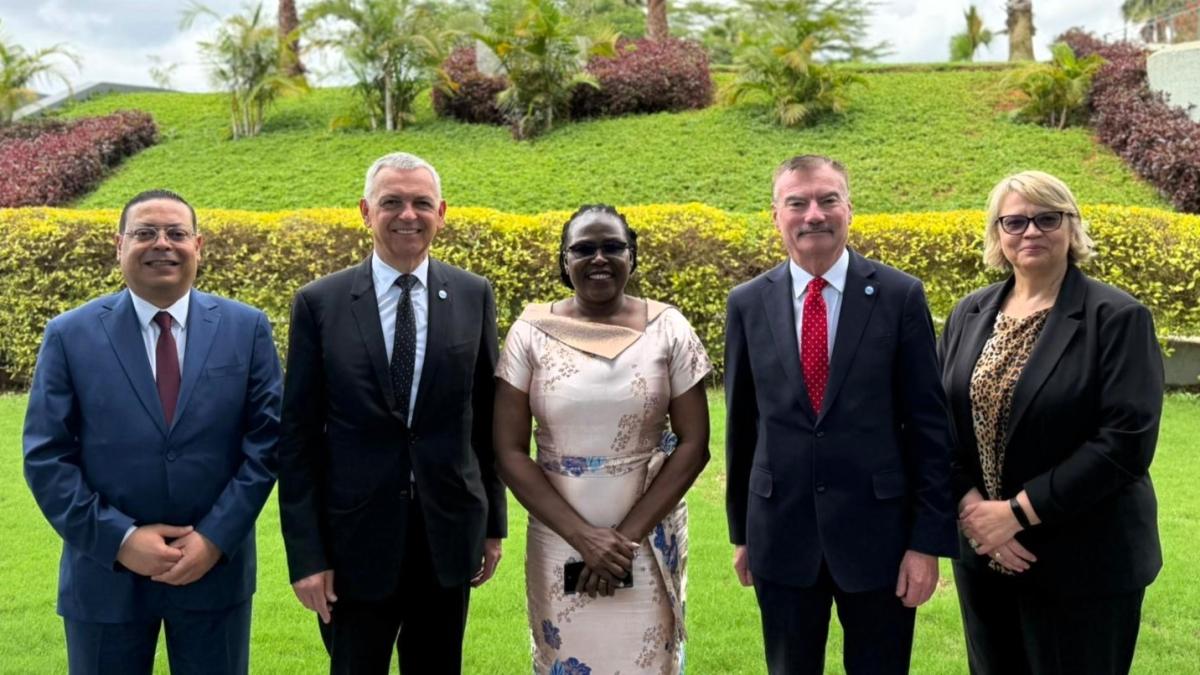Practical Tools to Support IPSAS Implementation: New Resource From IFAC
As jurisdictions around the world commit to strengthening public financial management, the shift from cash to accrual accounting is accelerating. High-quality global public sector accounting standards are essential for enabling transparency and accountability and providing better information for decision-making. With the increasing adoption of IPSAS Standards, there is a need for tools to help support each stage of implementation, from advocacy to capacity building to training.
In collaboration with the International Public Sector Accounting Standards Board (IPSASB), IFAC has published a new resource, Implementing International Public Sector Accounting Standards (IPSAS): IFAC Tools, a compilation of our resources designed to help governments and public sector entities adopt and implement IPSAS Standards and help Professional Accountancy Organizations (PAOs) advocate for their use.
This new resource compiles IFAC tools that:
- Offer practical implementation guidance through the transition from cash to accrual, tailored to different contexts and reform stages, and;
- Help build capacity and technical knowledge with training materials, templates, and examples.
IFAC Chief Executive Officer Lee White said: “We advocate for global standards, including the IPSAS because global standards lead to better decisions for the benefit of all. We work with the IPSASB to help our members with tools and resources to strengthen public financial management. Our members are trusted partners with governments and support IPSAS adoption and use by building capacity in their jurisdiction.”
IPSASB Chair Ian Carruthers said: “This compilation brings together the practical tools and guidance that jurisdictions and stakeholders need to move from aspiration to adopting and implementing IPSAS Standards and ultimately help public sector entities to deliver more transparent, accountable, and sustainable public finances.”
Download Implementing IPSAS: IFAC Tools to continue your journey towards stronger public financial management using IPSAS.
About IFAC
IFAC, by connecting and uniting its members, makes the accountancy profession truly global.
IFAC member organizations are champions of integrity and professional quality, and proudly carry their membership as a badge of international recognition.
IFAC and its members work together to shape the future of the profession through learning, innovation, a collective voice, and commitment to the public interest.
About the IPSASB
The International Public Sector Accounting Standards Board (IPSASB®) works to strengthen public financial management globally through developing and maintaining accrual-based International Public Sector Accounting Standards (IPSAS® Standards), IPSASB Sustainability Reporting Standards (IPSASB SRS™ Standards) and other high-quality financial reporting guidance for use by governments and other public sector entities. It also raises awareness of IPSAS Standards and IPSASB SRS Standards and promotes the adoption and implementation of these to enhance the quality and consistency of practice throughout the world and strengthen the transparency and accountability of public sector finances and sustainable development. The Board receives support from the Asian Development Bank, the Chartered Professional Accountants of Canada, the New Zealand External Reporting Board, the government of Canada, and The World Bank. The structures and processes that support the operations of the IPSASB are facilitated by the International Federation of Accountants (IFAC®). For copyright, trademark, and permissions information, please go to permissions or contact permissions@ifac.org.


